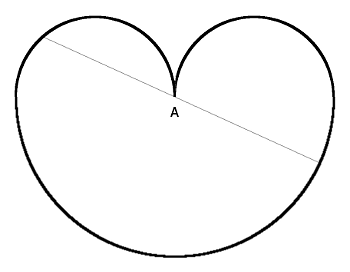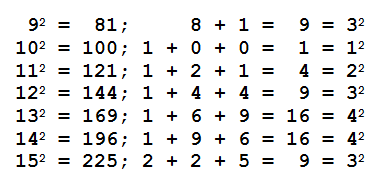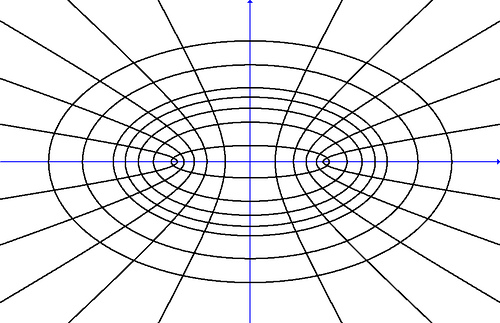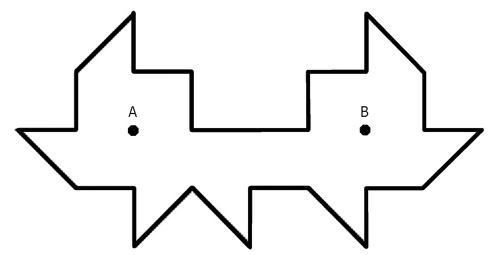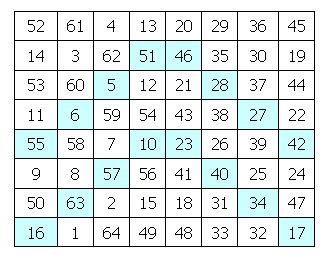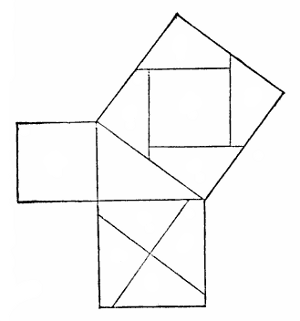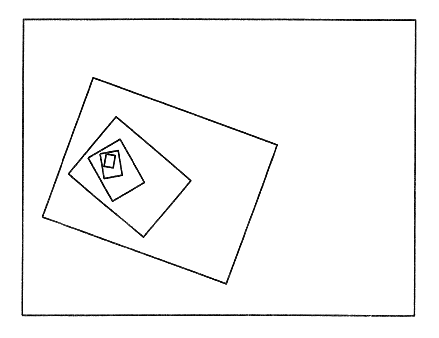
In “Partial Magic in the Quixote,” Borges quotes philosopher Josiah Royce:
Let us imagine that a portion of the soil of England has been levelled off perfectly and that on it a cartographer traces a map of England. The job is perfect; there is no detail of the soil of England, no matter how minute, that is not registered on the map; everything has there its correspondence. This map, in such a case, should contain a map of the map, which should contain a map of the map of the map, and so on to infinity.
This sequence tends to a single point, the point on the map that corresponds directly to the point it represents in the territory.
Cover England entirely with a 1:1 map of itself, then crumple the map into a ball. So long as it remains in England, the balled map will always contain at least one point that lies directly above the corresponding point in England.

Related (sort of): In The Humor and Drama of Early Texas (2003), George U. Hubbard notes that one day in 1865, Thomas Jefferson Chambers was standing in this house in a room containing his portrait when someone fired a shot through the second-story window. “The bullet passed through Chambers’ body and lodged in his portrait on the wall. The citizens of Anahuac thought it very singular that the bullet that killed him struck the portrait in exactly the same place it had passed through his body.” The crime was never solved.
See Garganta and Papered Over.

